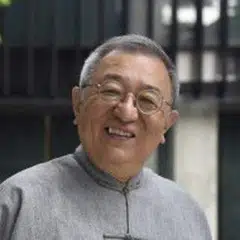Impressions of Moscow: Pushkin influenced a whole generation of Chinese [Part 3]
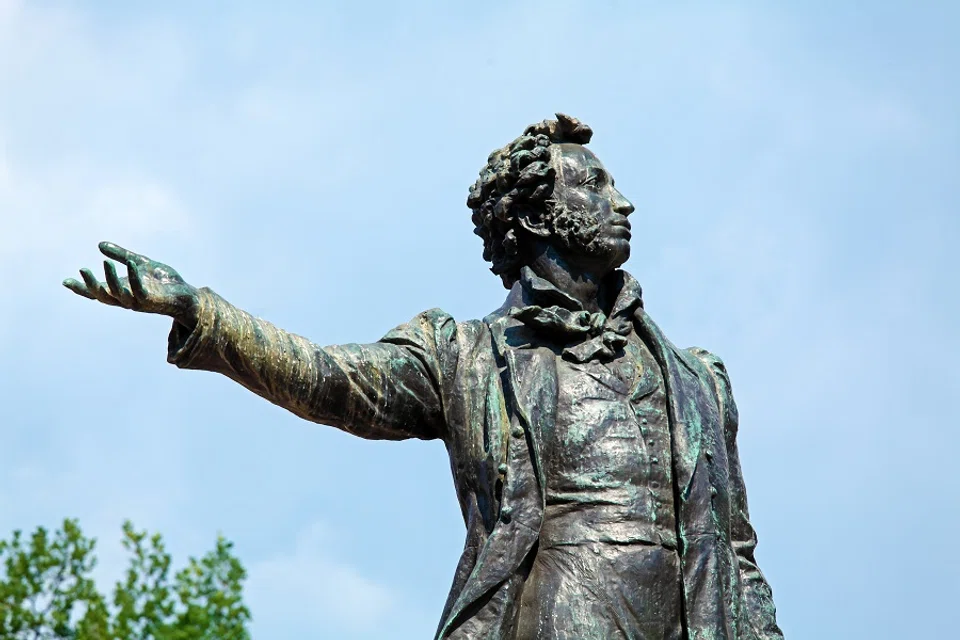
Russian poet Alexander Pushkin is everywhere on the streets of Moscow and Saint Petersburg. Pushkin square, Pushkin theatres, Pushkin bookstores, Pushkin cafes... And of course, how can we leave out Pushkin statues and Pushkin museums? I really admire the Russians. Their country is a great one, not because they made their own atomic bomb and aircraft carriers, launched the first man into space or had forced labour camps in Siberia. Rather, it is their passion for art and literature, particularly their love of poets, as seen by the traces of Pushkin on the streets.
While I've never learnt Russian, I can read the Russian alphabet. With that little bit of literacy, I brought Liu and Li out on an adventure on the Moscow metro. An aimless trip is crazy, and it's even dangerous to wander around Moscow blindly. So I decided to head to the Pushkin Memorial Apartment. How would we make our way there? First, get to Pushkin Square, then walk along the Garden Ring until Arbat Street, and follow the road to the lower end of the street.
Liu didn't understand how I could find my way around Moscow since it was my first visit. I said I got a good idea of the direction we should head towards by looking at the map. I've always had a pretty accurate compass in my head. That was how I went on my hikes in Hong Kong, especially when I landed in deserted, unfamiliar places. I never got lost.
Pushkin was like a guardian angel, signposting our journey towards his memorial apartment every step of the way.
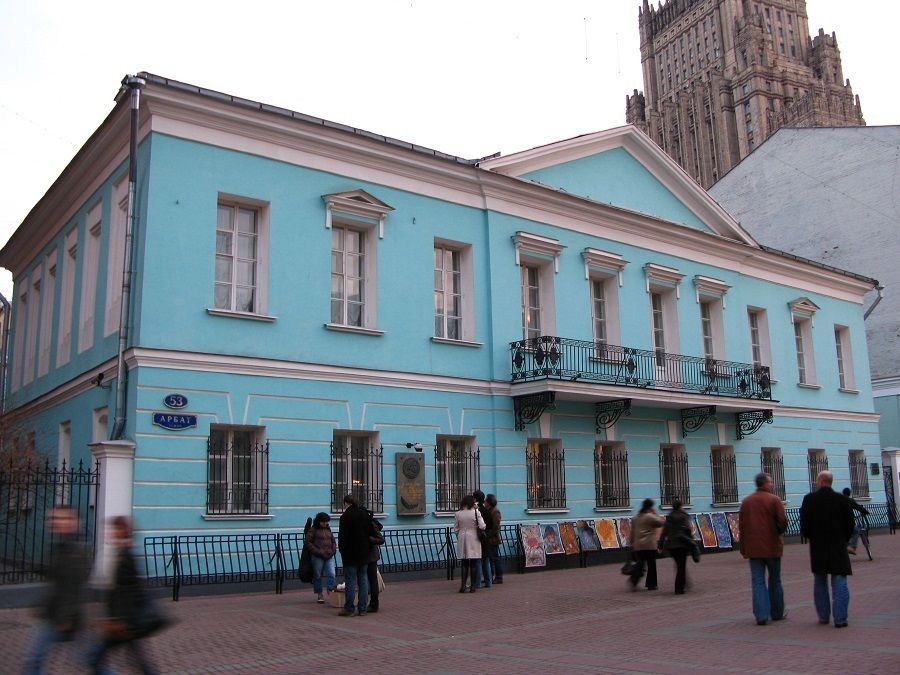
Thanks to the clearly marked signs in the Moscow metro, we successfully arrived at Pushkin Square. I got a bit disoriented when we emerged from the station and thought we were done for. "Don't get lost," I told myself. Luckily, there was a bronze statue in the distance - ah, Pushkin. Like a ship in the night seeing a lighthouse in the distance, we found the Garden Ring. Along the way, we came across a fairly impressive theatre with a lengthy Russian name. After I slowly pieced the letters together, I realised that it was the Alexander Sergeyevich Pushkin Theatre. Pushkin was like a guardian angel, signposting our journey towards his memorial apartment every step of the way.
Poetry transcending language
Liu said that he read Pushkin's poem when he was in secondary school. He could still remember one of his inspiring poems, "If by Life You were Deceived"*:
If by life you were deceived,
Don't be dismal, don't be wild!
In the day of grief, be mild!
Merry days will come, believe.
Heart is living in tomorrow;
Present is dejected here;
In a moment, passes sorrow;
That which passes will be dear.
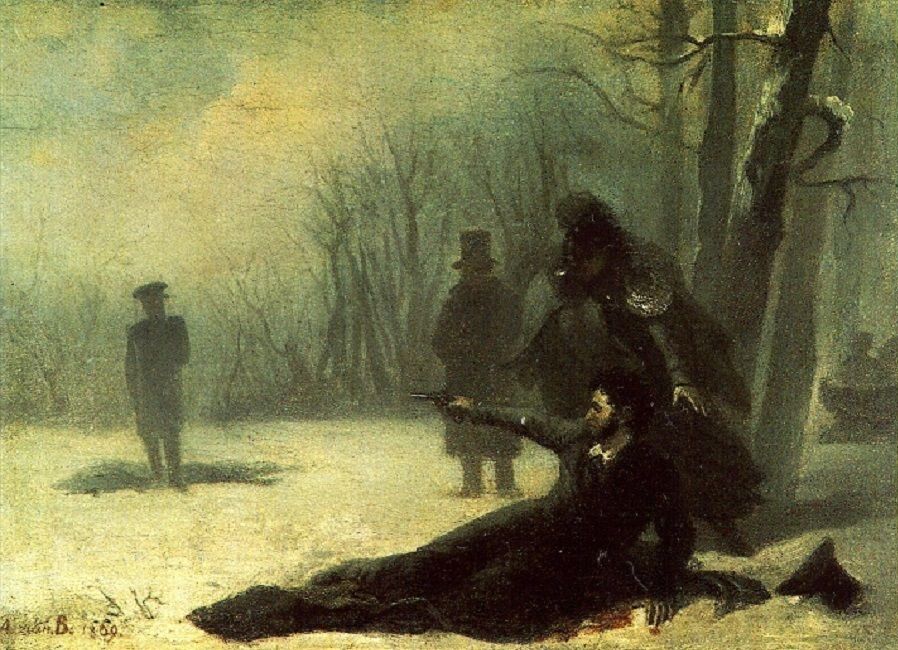
That year, Liu was still working in a factory, not knowing if he would ever get out. The party secretary used to say, "Listen to the happy machines sing." Pushkin's poem gave him some comfort; he applied for university after gaokao, the national college entrance examinations, were reinstated. It was as if Pushkin's prophecy was fulfilled, and he never forgot those lines of the poem.
Li recalled that during his secondary school days, a language teacher was teaching one of Chinese philosopher Zhuangzi's sayings**: "There is a limit to our life, but to knowledge there is no limit. With what is limited to pursue after what is unlimited is a perilous thing." The teacher brought up Pushkin, who had once said that the influence of man is fleeting and weak, but the influence of books is wide and deep. He went on to praise Pushkin's drive and passionate spirit, urging his students to learn from the poet. This left a deep impression on Li, and he resolved to work hard, becoming a professor in the end.
While I could not experience the beauty of Pushkin's Russian, I could feel the poet soaring like a skylark in the sky and a bright, melodious tune coming from the heavens.
Different words, common emotions
As we chatted, I realised that Pushkin has in fact influenced a whole generation of Chinese. Russian literature was not mainstream in Taiwan where I grew up. It was only after I got older and moved to the US that I started reading Pushkin's works, or rather, Zha Liangzheng (Mu Dan)'s Chinese translations of his works. While I could not experience the beauty of Pushkin's Russian, I could feel the poet soaring like a skylark in the sky and a bright, melodious tune coming from the heavens.
His romantic lyric poems gurgle like the dulcet tones of a young lady humming her heart's pure love as she bathes in a clear mountain stream. When I read his poems, I feel exactly as these lines say:
Listen to the songs of a young lady,
The heart of an old man is young also.
The Russians say that Pushkin does not only belong to Russia but also to the world. At first this seems like an old cliche, but upon further thought, makes much sense.
The poet is gone, but his poems live forever.
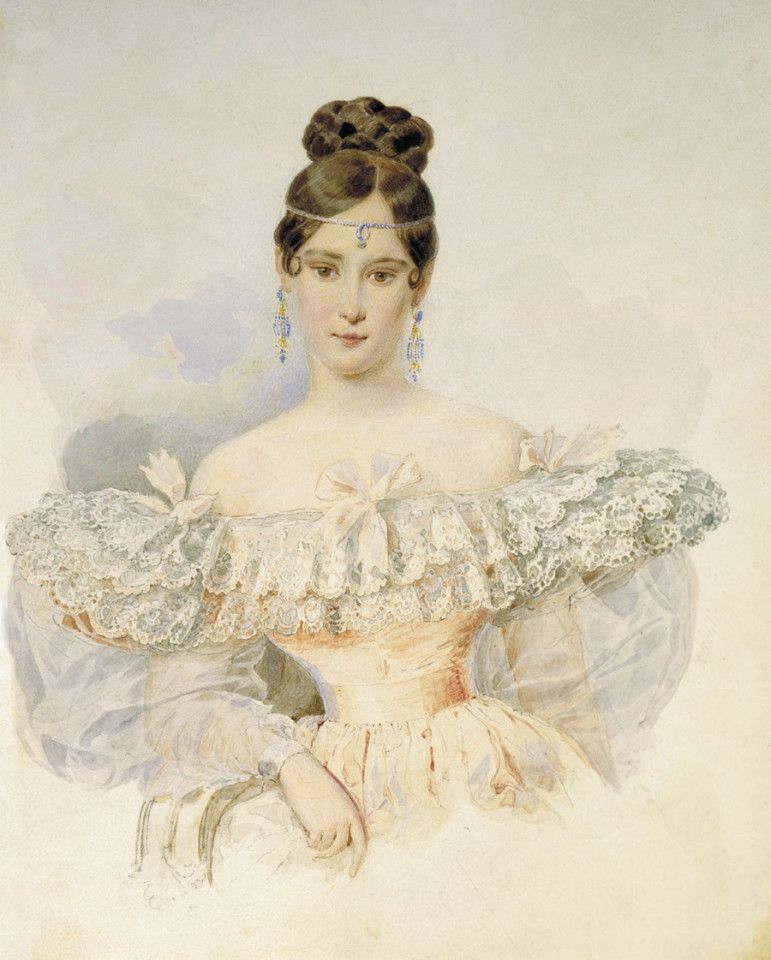
The Pushkin Memorial Apartment in Moscow was where Pushkin lived after marrying Russian beauty Natalia Goncharova. Although he only stayed there for a short while, he left behind a romantic and charming story. Later on, it was there that he would fight the fateful duel to defend his reputation and his wife's chastity in Saint Petersburg. In his last days, he wrote the poem "My Monument"***. A few lines of it go:
No! not all of me shall die! my soul in hallowed lyre
Shall my dust survive, and escape destruction -
And famous be I shall, as long as on earth sublunar
One bard at least living shall remain.
...
And long to the nation I shall be dear:
For rousing with my lyre its noble feelings,
For extolling freedom in a cruel age,
For calling mercy upon the fallen.
The poet is gone, but his poems live forever.
*from the version translated by M. Kneller.
**from the version translated by James Legge.
***from the version translated by Ivan Panin.
This article was first published in Chinese on United Daily News as "紀念普希金" in 2013.
Related: Cultural historian: Impressions of Moscow [Part 1] | Impressions of Moscow: Beauties on Nevsky Avenue [Part 2] | On the dentist's chair: American poet Marianne Moore's scalpel | Can't bear to part: A cultural historian in Yunnan's Pu'er | Proverbs and sayings: Understanding a culture's biases, thoughts and way of life
